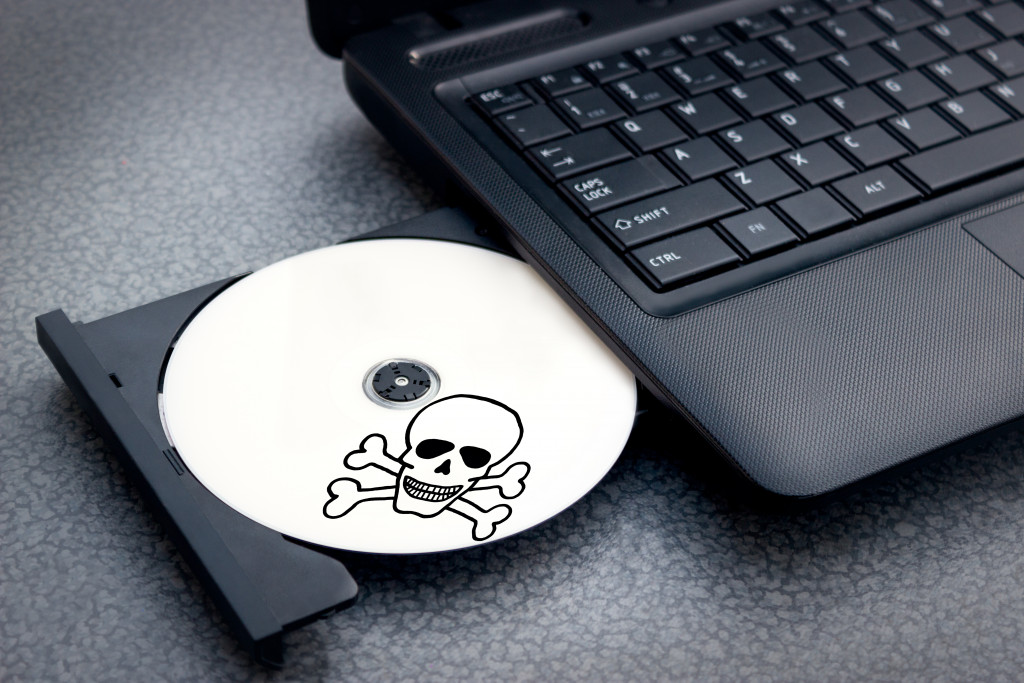- Piracy is the unauthorized distribution or use of copyrighted material, costing software businesses $7 to $12 billion annually.
- The revenue loss from piracy can lead to layoffs, stalled development, and even business closure.
- Piracy hampers innovation in the software industry by reducing the funds available for research and product development.
- Pirated software often contains malware, posing security risks to users and decreasing trustworthiness in the community.
- The community can help prevent piracy by reporting instances, educating others, and supporting local businesses.
Software businesses provide numerous job opportunities and foster innovation within your community. However, piracy can significantly impact software businesses’ revenue, leading to layoffs and decreased innovation in your area. Pirating software not only affects businesses but also harms consumers, who can end up spending money on malware-infected software. Unfortunately, most people do not think about how piracy affects software businesses. Here’s what you need to know about piracy, how it can affect software businesses, and how to help prevent it.
Piracy Today
Piracy is the unauthorized copying, distribution, or use of copyrighted material without proper permission. While piracy can occur in various industries, software piracy is the most common and damaging form of intellectual property theft. It involves illegally obtaining and using computer software from sources other than the manufacturer or authorized distributor. This includes downloading cracked versions of paid software or sharing licensed copies with others.
It’s estimated that the cost of piracy is between $7 to $12 billion annually for software businesses. This loss affects not only the companies but also their employees and customers. With fewer profits, businesses may have to lay off workers or cut back on product development, leading to decreased innovation in the industry. Moreover, pirated software often contains malware that can harm users’ devices and steal personal information.
Effects of Piracy on Software Businesses
Piracy has a detrimental impact on software businesses in various ways. Here are some of the significant effects of piracy on these companies:
1. Revenue Loss
Piracy and unauthorized distribution of software can lead to a considerable reduction in software businesses’ revenue. Software piracy is the act of illegally copying and distributing copyrighted software. This means software makers are not compensated for the hard work of producing the software. When piracy is allowed to thrive, the result is a massive reduction in sales, resulting in decreased revenue for the producer. The reduced revenue can lead to layoffs, stalled development, and, in extreme cases, the closure of the software business.
2. Decrease in Innovation
Innovation and creativity are significant drivers of the software industry. Piracy restricts software businesses’ ability to innovate. When producers lose revenue, funding research and development of new products becomes difficult. This translates to fewer software advancements, which can have dire consequences for businesses, consumers, and the tech industry.

3. Increase in Malware
Pirated software often comes with malware. This is because pirated software is not tested and can be easily infected with malware before distribution. Malware and viruses can harm the pirated software users and the surrounding community, as they can spread to the user’s network.
4. Decrease in Trustworthiness
Piracy can decrease the software businesses’ trustworthiness in your community. If a business is known for using pirated software, its reputation within the community is damaged. Losing public trust can negatively impact a business and its ability to attract customers and investors.
5. Legal Consequences
Piracy is a crime that can lead to legal repercussions, resulting in fines, jail time, or both. Businesses must be aware of the legal implications of pirated software and take necessary precautions.
Ways Your Community Can Help Prevent Piracy
Piracy not only affects software businesses but also harms the community as a whole. Here are some ways your community can help prevent piracy and support local software businesses:

1. Report Piracy
If you encounter any software piracy instances, report it to the appropriate authorities. This can include reporting websites that offer cracked versions of paid software or individuals sharing licensed copies with others.
2. Educate Others
Spread awareness about the impacts of piracy and educate others on why it’s important to use legal software. Many people may not realize how their actions affect software businesses and consumers. By educating others, you can help prevent piracy in your community.
3. Support Local Businesses
Instead of using pirated software, support local businesses by purchasing legal and licensed software. This helps generate revenue for the company, which can be used for further innovations and job creation. Additionally, ask local software patent lawyers to help protect your community’s software businesses from piracy and intellectual property theft. They can advise businesses on securing their software and taking legal action against piracy.
Piracy presents a significant threat to the success and growth of software businesses, impacting not only their revenue stream but also stifling innovation within the industry. Furthermore, it poses a risk to consumers who may inadvertently expose themselves to malware and other security risks. The responsibility to mitigate these impacts lies with the community. The community can catalyze a positive change by reporting piracy cases and consciously supporting local businesses by purchasing legal and licensed software.




